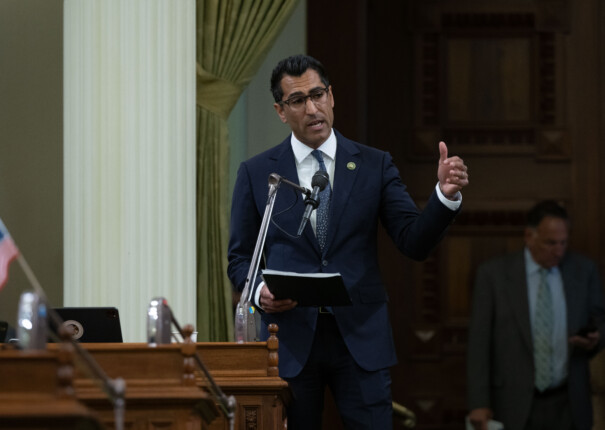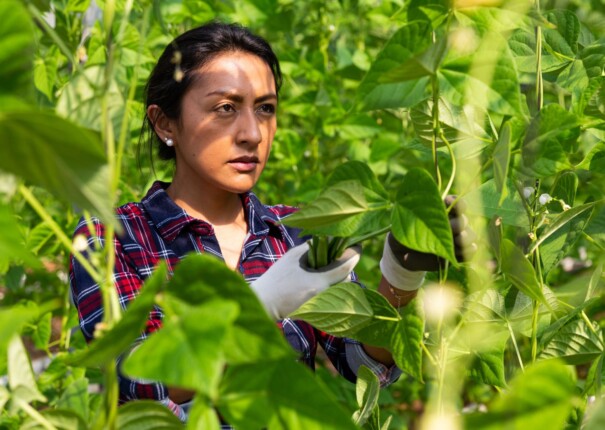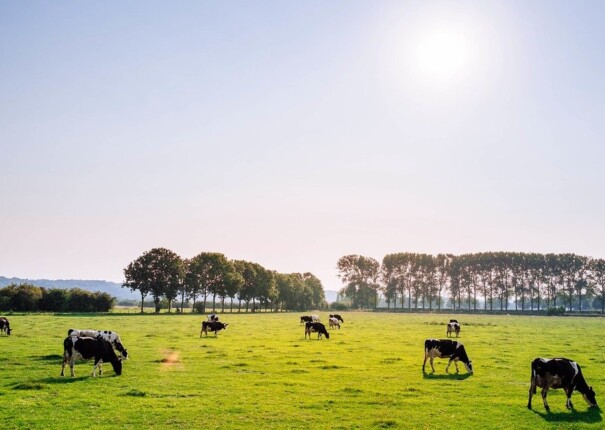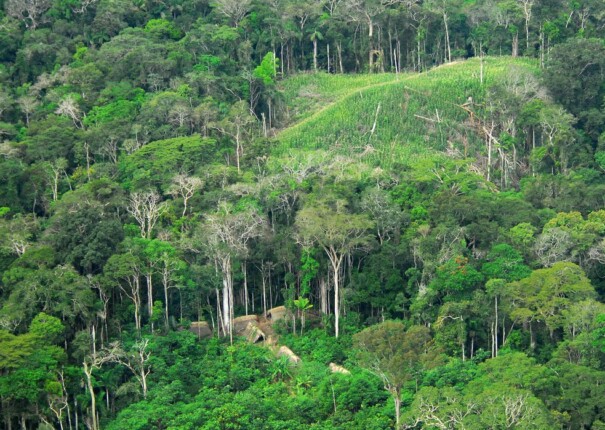Pass the Polluters Pay Climate Superfund Act to make polluters pay for climate destruction

The Polluters Pay Climate Superfund Act, introduced as SB 684 (Menjivar) in the Senate and AB 1243 (Addis) in the Assembly, would ensure that polluters pay their fair share for the climate damage they have caused in California. The firestorm in Los Angeles is only the latest in a string of unprecedented climate disasters that … Read more









